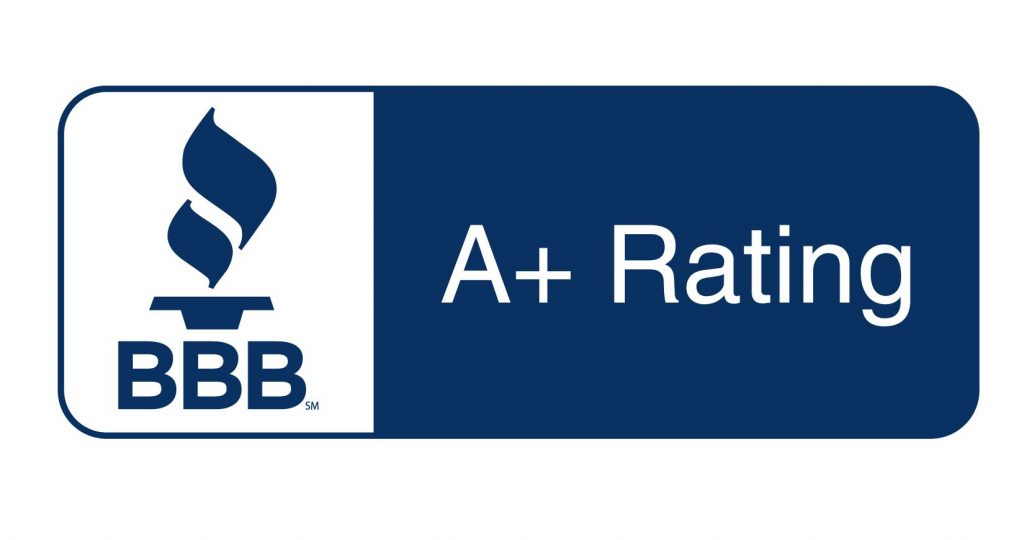HSA and Medicare – People who have an HSA already know about their great tax benefits. They can be a powerful savings and investing tool and provide financial help during retirement. But if you have one, you should take a few minutes to understand how your HSA works with Medicare.
What Is an HSA?
First, let’s start by explaining what an HSA is and how they work. Anyone who is enrolled in a high-deductible health insurance plan ($1,500 for an individual and $3,000 for a family in 2023) can open a Health Savings Account. Your employer may offer a specific HSA, and they may even make contributions on your behalf. If not, you can open your own HSA at a variety of companies. You cannot contribute to an HSA if you are not actively enrolled in a high-deductible health plan (HDHP).
An HSA is exactly as it sounds; it’s a savings account for health-related expenses. You can use the funds to pay for deductibles, copays, coinsurance costs, or other approved goods and services. You can even purchase over-the-counter items like ibuprofen, cough syrup, sunscreen, and many other items.
The great thing about a Health Savings Account is that it offers advantageous tax benefits. The account is funded with pre-taxed money, and you aren’t taxed when you use the funds on approved services. In addition, you can choose to invest the money you have in your HSA. The money grows tax-free. You are limited to how much you can contribute in any given year. For 2023, individuals are capped at $3,850, and families are limited to $7,750. If you are 55 years old or older, you’re allowed to contribute an extra $1,000 per year.
When you turn 65, you are allowed to spend the HSA funds on non-medical items and services, and you will not pay any penalties for doing so.

Medicare and HSAs
The most important thing to know about Medicare and HSAs is that you cannot contribute to an HSA once you are enrolled in any part of Medicare, even if you only have Part A. Doing so will cause you to incur a 6% tax penalty.
You may continue contributing until the first day of your 65th birthday month, assuming you choose to enroll in Medicare when you turn 65. If you decide to delay your Medicare enrollment, it can be a little trickier to determine when you should stop funding your HSA. Medicare Part A can be retroactive up to six months prior to your enrollment. If you are enrolling in Medicare mid-year, you can only contribute a pro-rated amount.
If you find that you have over-contributed your account, there are ways to reverse those contributions. Contact your account administrator and have the funds withdrawn prior to the end of the tax year.
Even though you can no longer contribute to your HSA, retirement is a great time to start enjoying the benefits of those savings. You can use your HSA to pay for some of your Medicare premiums, as well as any out-of-pocket costs associated with your Medicare plans.
You may use your HSA to pay for your Medicare Part A and Part B premiums. It’s not common to pay for Part A, but nearly everyone pays for Part B. You can also use it to pay for your Medicare Advantage premium and your Part D prescription drug premium. The only thing you cannot use the funds for is your Medicare Supplement plan premiums (if you have one).
To learn more about the dos and don’ts of HSAs and Medicare, contact the advisors at Carolina Senior Benefits. We will create a custom Medicare enrollment timeline and help you ensure you use your HSA to the fullest.





